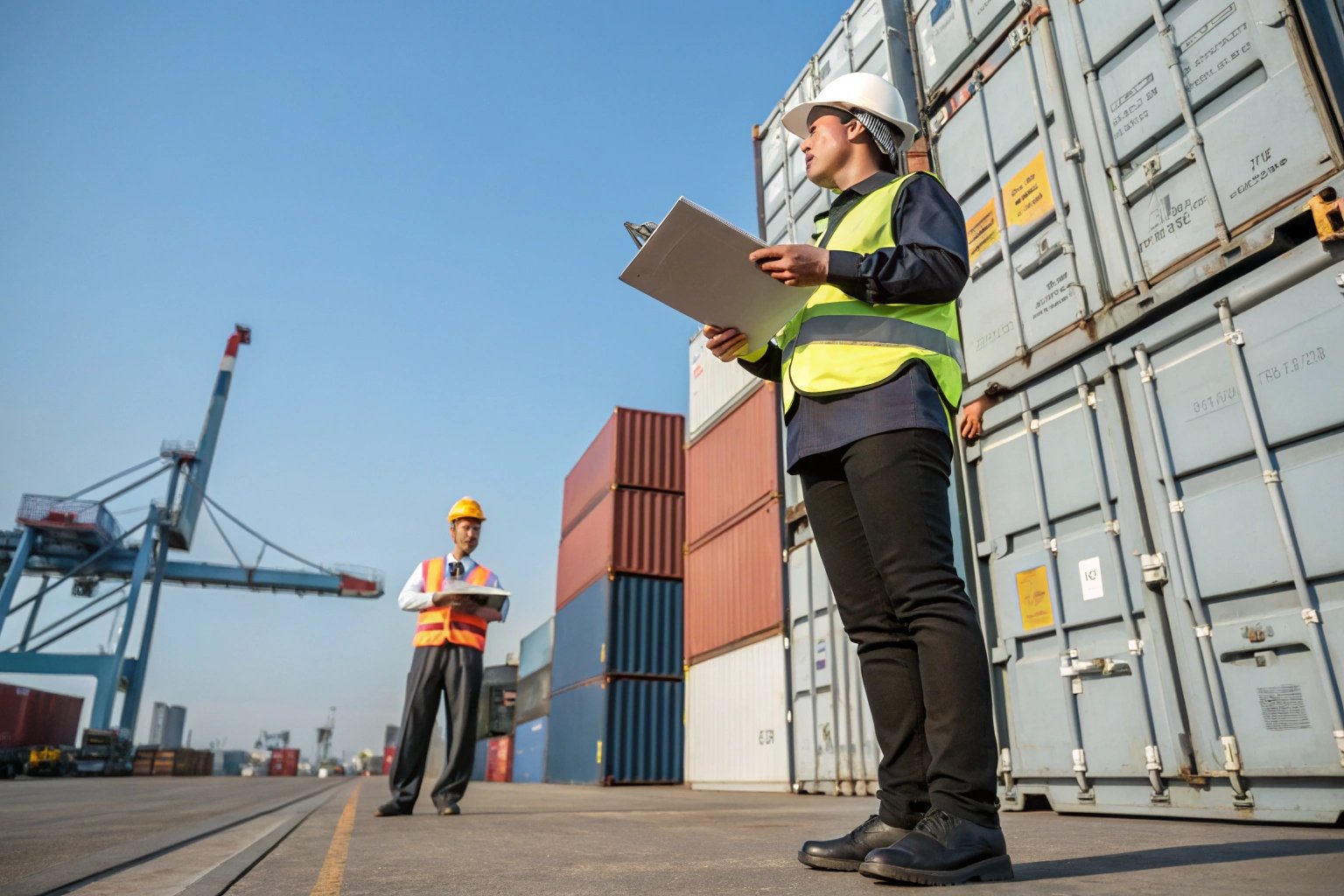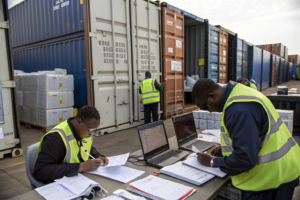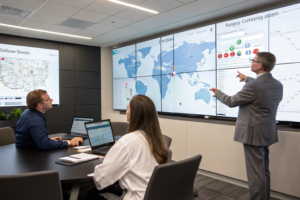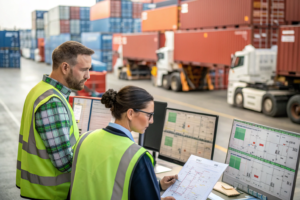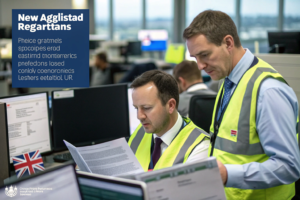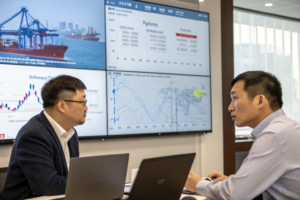You’ve sourced the product, booked the shipment, and now your goods are at the port. But without proper customs clearance, everything stops.
Freight forwarders simplify customs clearance by preparing documents, classifying goods correctly, calculating duties, and coordinating with licensed brokers — helping you avoid delays, penalties, and stress.
If you want to keep your shipments moving smoothly from China to the U.S., working with a forwarder is one of the smartest logistics decisions you can make.
How freight forwarders simplify customs procedures
Customs clearance is complex. Every country has its own rules, and every product its own classification. One mistake in your paperwork — and your goods could be held, fined, or even returned.
Freight forwarders simplify customs by managing documents, coordinating with brokers, and ensuring all information complies with import regulations.
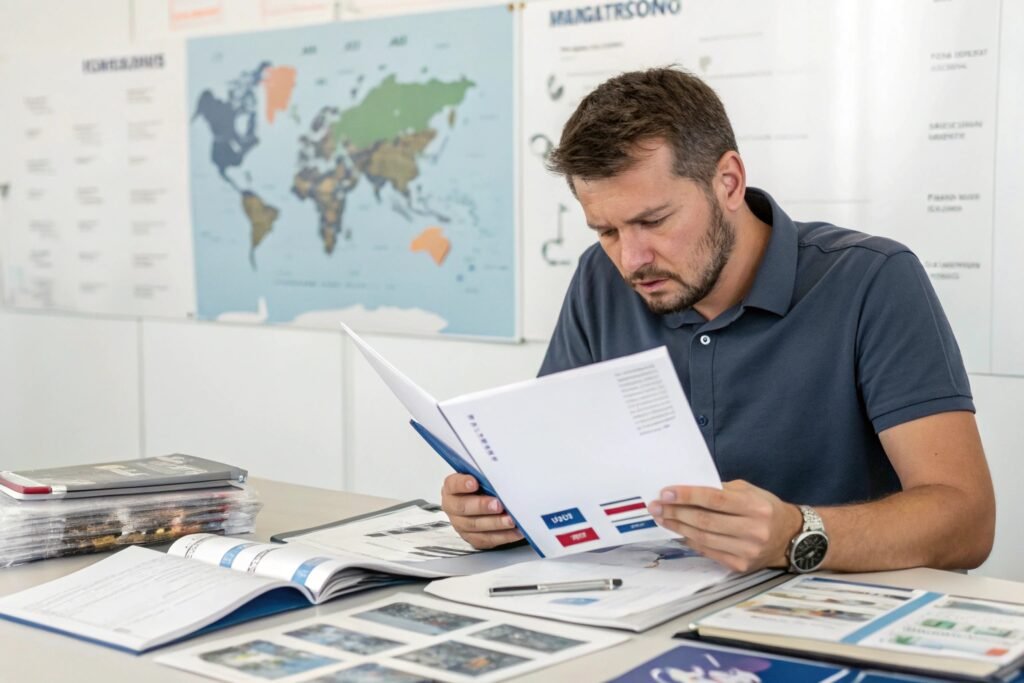
What does a freight forwarder handle?
| Task | Responsibility |
|---|---|
| HS Code Classification | Ensures correct tariff and admissibility |
| Entry Filing | Works with customs broker to submit forms |
| Duty & Tax Estimates | Calculates fees based on declared value |
| Coordination with CBP | Responds to holds, exams, and queries |
| Document Preparation | Reviews invoice, packing list, COO, and permits |
| Customs Bond Arrangement | Provides bond coverage for formal entries |
At GeeseCargo, we manage both the pre-clearance (before arrival) and post-arrival coordination, so our clients avoid last-minute scrambles and costly customs holds.
Time-saving advantages in import documentation
Manual customs processes take time. Between preparing paperwork, submitting it, and responding to customs questions, hours — or even days — can be lost.
Freight forwarders save time by handling documentation in advance, using digital systems, and coordinating directly with licensed customs brokers.
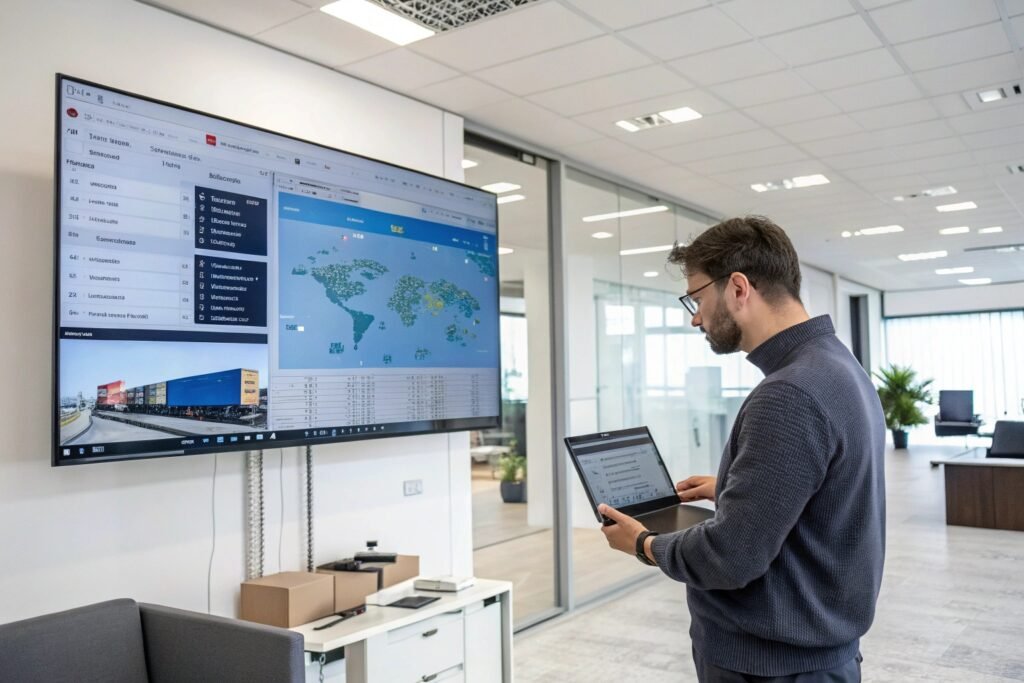
How do forwarders save you time?
| Action | Time Saved |
|---|---|
| Pre-filing entries | Clears goods before arrival |
| Digital document handling | Avoids mailing delays or courier mix-ups |
| Template-based invoice prep | Reduces error correction time |
| Direct broker communication | Eliminates importer–broker back-and-forth |
| Tracking submission status | Catches delays before they escalate |
We helped one importer save two full days on their ocean shipment by submitting their entry summary 72 hours before the vessel reached Los Angeles. As a result, their goods cleared within 8 hours of docking.
What documents are handled?
- Commercial Invoice
- Packing List
- Certificate of Origin
- HS Code classification sheet
- Importer ID and Bond
- Arrival Notice and Bill of Lading
We maintain a document library for our clients — so repeat shipments are even faster.
Reduced risk of clearance delays and fines
Customs clearance is not just about paperwork — it’s about compliance. Mistakes or inconsistencies can lead to inspections, penalties, or shipment seizure.
Freight forwarders help reduce customs risks by ensuring documentation accuracy, flagging potential compliance issues, and managing relationships with customs officers and brokers.
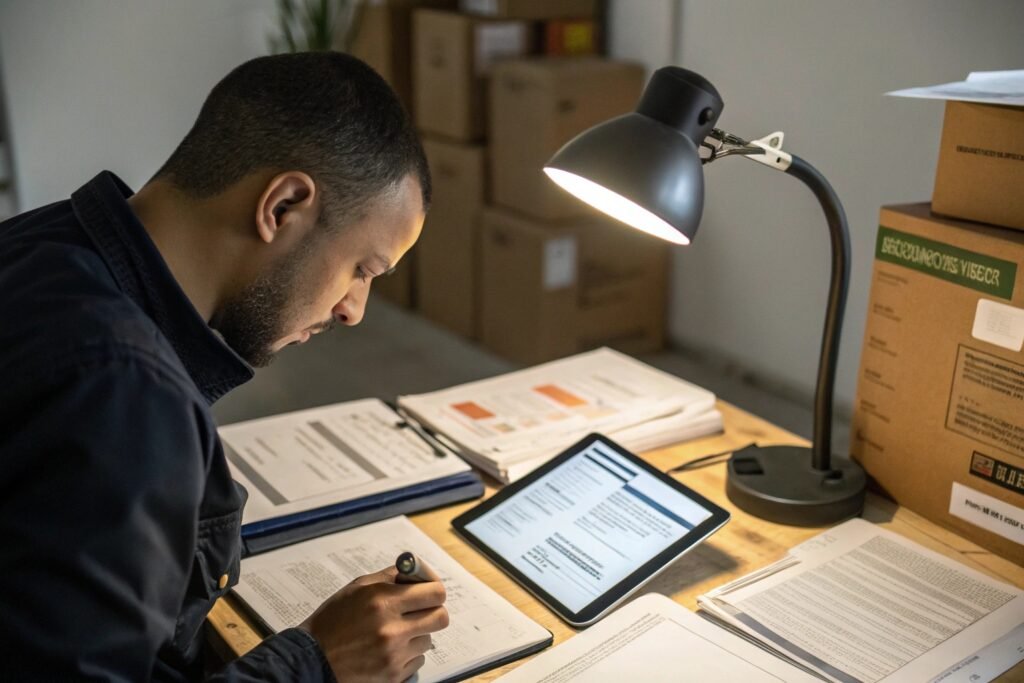
What delays and penalties do forwarders help avoid?
| Risk | Without Forwarder | With Forwarder |
|---|---|---|
| HS Code Mismatch | High chance of reclassification | Pre-verified classification |
| Undervalued Invoice | High audit risk | Transparent valuation advice |
| Missing Documents | Holds & storage fees | Pre-checks and file reviews |
| Late Entry Filing | Demurrage charges | Early submission |
| Improper Labeling | Rejection or seizure | Document + label alignment |
One of our U.S. clients was almost fined $3,000 for an underdeclared shipment of accessories. We caught the issue during a pre-clearance review, corrected the documents, and filed a compliant entry — avoiding penalties and getting cargo released on time.
How are fines calculated?
Customs fines are often tied to:
- Incorrect HS code (leading to underpaid duties)
- False country-of-origin declarations
- Missing import licenses or permits
- Repeated filing errors
A good forwarder makes sure these don’t happen — and takes immediate action if they do.
Expert handling of duties, taxes, and HS codes
If your HS code is wrong, your duties will be wrong. If your valuation is off, so are your taxes. Customs is unforgiving — but a forwarder knows how to get it right.
Freight forwarders help importers avoid duty overpayment or underpayment by classifying goods properly, applying trade benefits, and accurately calculating customs taxes.
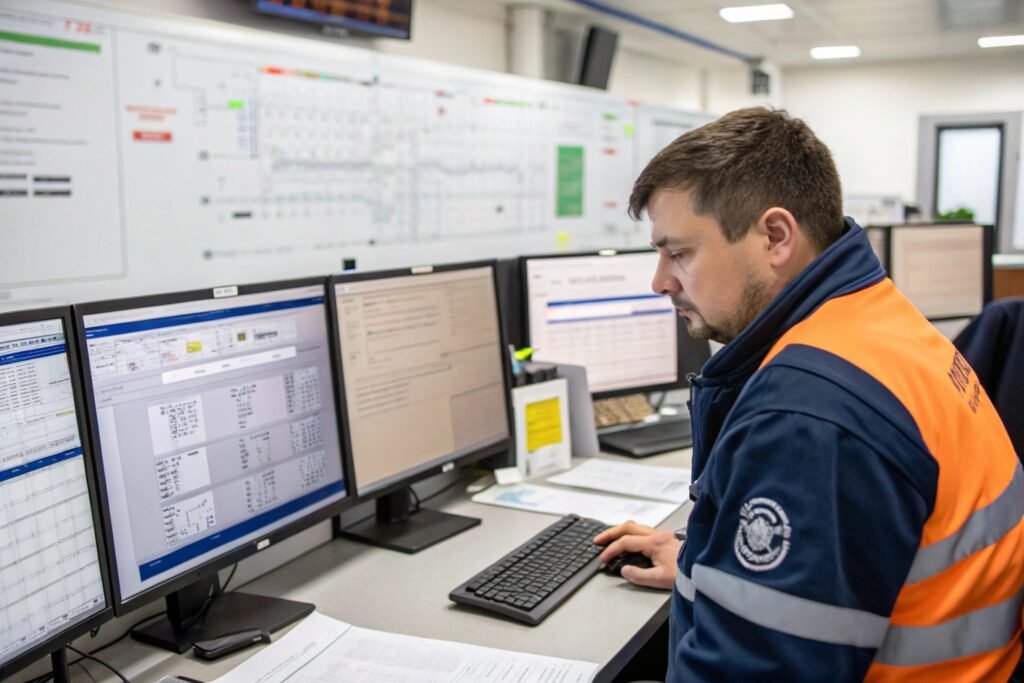
How does a forwarder optimize your duties?
| Service | Benefit |
|---|---|
| HS Code Verification | Ensures correct classification and rate |
| Tariff Consultation | Applies correct U.S. or EU duty rates |
| Trade Agreement Guidance | Uses GSP, MFN, or bilateral FTA when applicable |
| Valuation Compliance | Ensures invoice reflects actual transaction value |
| Tax Estimation | Avoids cash flow surprises |
We helped a client switch from HS 4202.92 (12% duty) to 4202.99 (6.5%) based on correct product description. That saved over $2,700 per container across a full season of imports.
Do forwarders handle all product types?
Yes, but specialization helps. At GeeseCargo, we focus on:
- Apparel and accessories
- Home goods
- Consumer electronics
- Packaging products
- Gift and promotional items
Each has its own documentation and duty structure — which we master and streamline for our clients.
Conclusion
Using a freight forwarder for customs clearance isn’t just about convenience — it’s about getting your goods delivered faster, cleaner, and cheaper. With expert classification, document handling, and risk management, a forwarder like GeeseCargo ensures your imports from China arrive smoothly — every time.
